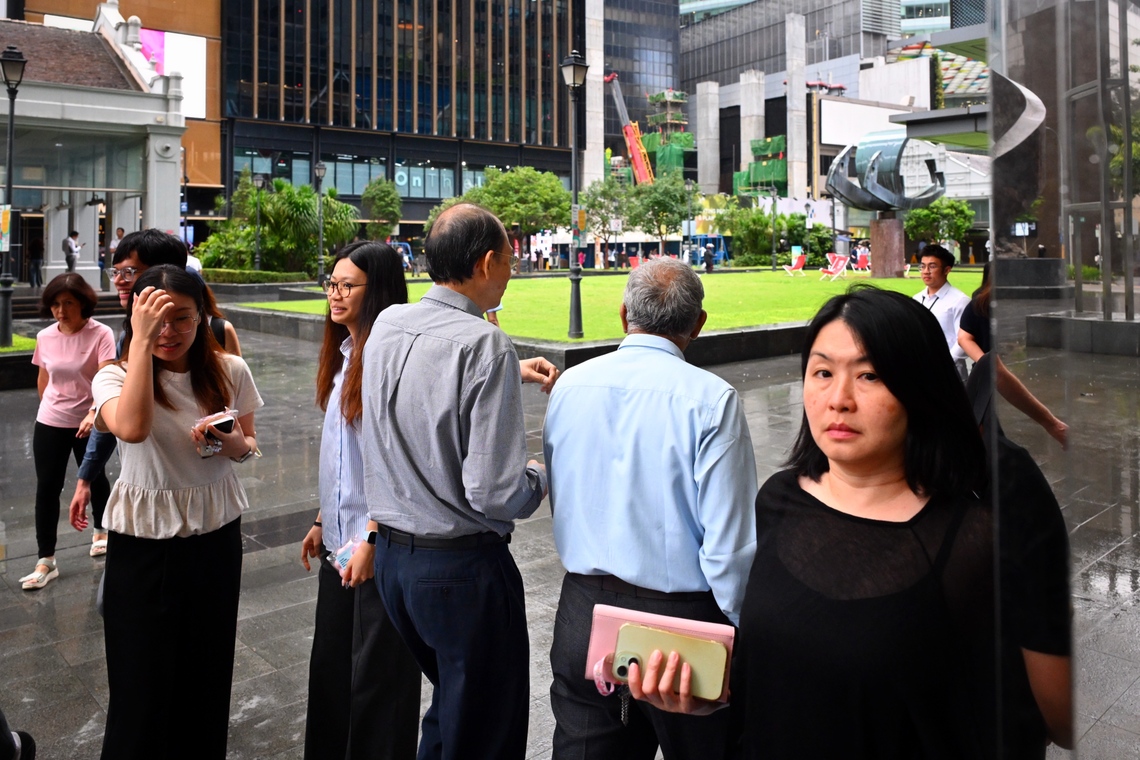SINGAPORE – With more people living longer, there is a need to ensure that every Singaporean can retire with dignity and meet his or her basic retirement needs.
That is why the Government will be studying ways to further strengthen retirement adequacy, said Prime Minister Lawrence Wong on Sept 24, the third day of the debate on the President’s Address.
“In particular, we want to help Singaporeans save more during their working lives, so that they have enough to meet their basic retirement needs for life, for a longer life,” he told Parliament.
For those who, despite their best efforts, cannot build up a sufficient nest egg, the Government will provide additional support.
The safety nets for those who need more help will also be strengthened – there will be more education support for children with special needs, and to help them have a smoother transition to adulthood and work. Persons with disabilities will have more opportunities to pursue their aspirations and lead fulfilling lives.
To support those who encounter setbacks, the Government has introduced programmes such as the
SkillsFuture Jobseeker Support Scheme
, which PM Wong pledged to make “a far better scheme than the unemployment insurance found elsewhere”.
On efforts to keep the economy competitive and vibrant, as well as measures to ensure that the essential needs of Singaporeans remain accessible and affordable, PM Wong said they have begun to have a positive impact on income inequality.
“Our Gini coefficient is now at its lowest in more than two decades,” said PM Wong.
The Gini coefficient is the most commonly used measure of inequality. It measures inequality on a scale from 0 to 1, with higher values indicating higher inequality.
The Department of Statistics recently updated the measure to include income from other sources beyond work, and the revised Gini coefficient comes out slightly higher at 0.38, compared with 0.36 previously, after accounting for taxes and transfers, PM Wong revealed. But what matters more is the trend, he stressed.
Even with the revised measure, the Gini coefficient continues to show a downward trend, an indication that inequality here is narrowing, and “we are determined to keep it that way”.
There are also measures in place to mitigate wealth inequality, such as wealth transfer through regular top-ups to CPF accounts and through public housing.
“Taken together, our measures are helping to narrow both income and wealth inequality. We will press on and continue to innovate in our social policies,” said PM Wong.
On social mobility, he said that the shift towards more pathways to success must be underpinned by a strong and dynamic economy.
Besides ensuring that Singapore continues to attract new investments from leading global companies, there is also a need to energise the enterprise ecosystem.
“We want to make Singapore a more attractive place for start-ups and emerging global companies,” said PM Wong, who added that these can be home-grown firms looking to venture abroad, or overseas growth companies seeking a base in Asia, which will shape Singapore’s future success.
To do this well, Singapore needs a different approach – one that not only celebrates success stories, but also learns to embrace failures and setbacks.
Said PM Wong: “The process will be uncomfortable, even unsettling. But it is necessary to create new value, and ultimately to create new and better jobs for Singaporeans.”
He added: “So let me be clear. Our focus must be on the worker, not the job. Companies may fail. Jobs may disappear. But every worker matters, every citizen matters; and no one will be left behind.”
Singapore ParliamentRetirement planningSingapore PoliticsLawrence Wong

